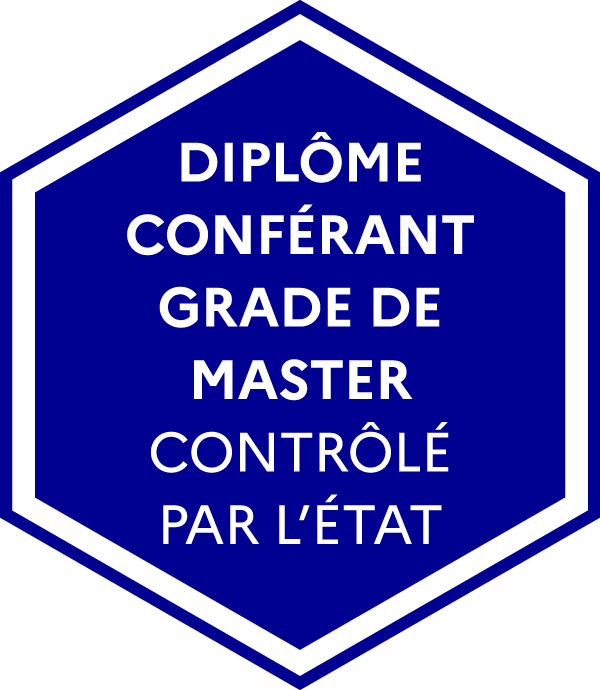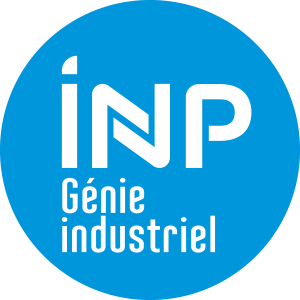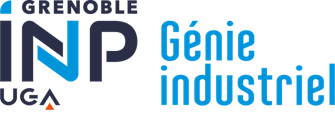Number of hours
- Lectures 15.0
- Projects -
- Tutorials 9.0
- Internship -
- Laboratory works -
- Written tests 1.0
ECTS
ECTS 2.0
Goal(s)
What relationship does the company have with society as a whole? Does the engineer bear a political or ethical responsibility in the exercise of their work?
This course has two main objectives. The first is to help engineering students better understand the role that businesses play in contemporary society. What kinds of relationships do companies maintain with citizens, the state, and the various intermediary bodies of society—such as families, associations, schools, labor unions, local governments, and NGOs?
The second objective is to encourage students to reflect on their individual responsibility as future engineers within a company, both politically and morally/ethically.
How do major contemporary issues—such as sustainable development, globalization, or the reduction of inequalities—factor into the company’s operations? How does a company position itself not only in relation to markets, but also in relation to politics and law? To citizens and intermediary bodies? To morality and ethics?
The aim of this course is not to provide a ready-made manual for students. Rather, it is to encourage thoughtful reflection—based on specific, current real-world issues—on the social and collective consequences of decisions made within companies, and on the engineer's responsibility in this context.
Content(s)
The course objectives are pursued by having students address specific questions based on major contemporary themes.
These discussions lead to an exploration of the links between politics and business. On a more personal level, students may, for example, be invited to reflect on how climate change and related issues are taken into account.
Keywords: Individual responsibility of the engineer, business ethics, contemporary society, political dimension of the company, societal challenges, public policy, globalization.
PrerequisitesNo prerequisites.
40 % exposés
60 % examen
Seconde session : examen écrit ou oral
La pondération est compatible avec une organisation des enseignements et des examens en distanciel
The course exists in the following branches:
- Curriculum - Engineer student Master SCM - Semester 9
- Curriculum - Engineer student Master PD - Semester 9
- Curriculum - Engineer IPID apprentice program - Semester 9
Course ID : 5GMC0142
Course language(s): 
You can find this course among all other courses.
French State controlled diploma conferring a Master's degree

Common Core presentation
Programme courses S5
Programme courses S6
Supply Chain Management
Programme presentation
Programme courses S7
Programme courses S8
Programme courses S9
Programme courses S10
Product Design
Programme presentation
Programme courses S7
Programme courses S8
Programme courses S9
Programme courses S10
Contacts
Academic staff
- Head of studies:
Pierre Lemaire - Head of 1st Year Program:
Abdourahim Sylla - Head of Supply Chain Management Program:
Irène Gannaz - Head of Product design Program:
Yann Ledoux
Registrar's office
- Head of Registrar's office:
genie-industriel.scolarite@grenoble-inp.fr - Secretary's office 1st Year:
Valérie Demicheli - Secretary's office 2nd Year:
Sylvie Malandrino - Secretary's office 3rd Year:
Vincente Odier - International relations department:
Nadia Dehemchi



